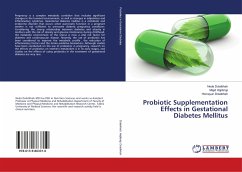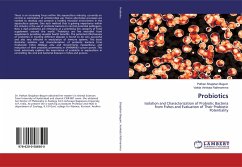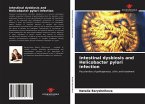Nurses working shifts are subject to poor sleep quality, as well as circadian rhythm disturbances, increased exposure to viral diseases and stress. All of these can modify the composition of gut bacteria through stress hormones, inflammation and autonomic alterations. In turn, gut bacteria release metabolites, toxins and neurohormones that can alter eating behavior and mood, what is known as the gut-brain axis. Gut bacteria can also negatively regulate stress and immune system responsiveness, which probiotic supplementation can attenuate by providing a method of manipulating the microbiota. The aim of this study is to assess the possible relationship of gut microbiota to well-being in shift-work nurses.
Bitte wählen Sie Ihr Anliegen aus.
Rechnungen
Retourenschein anfordern
Bestellstatus
Storno








